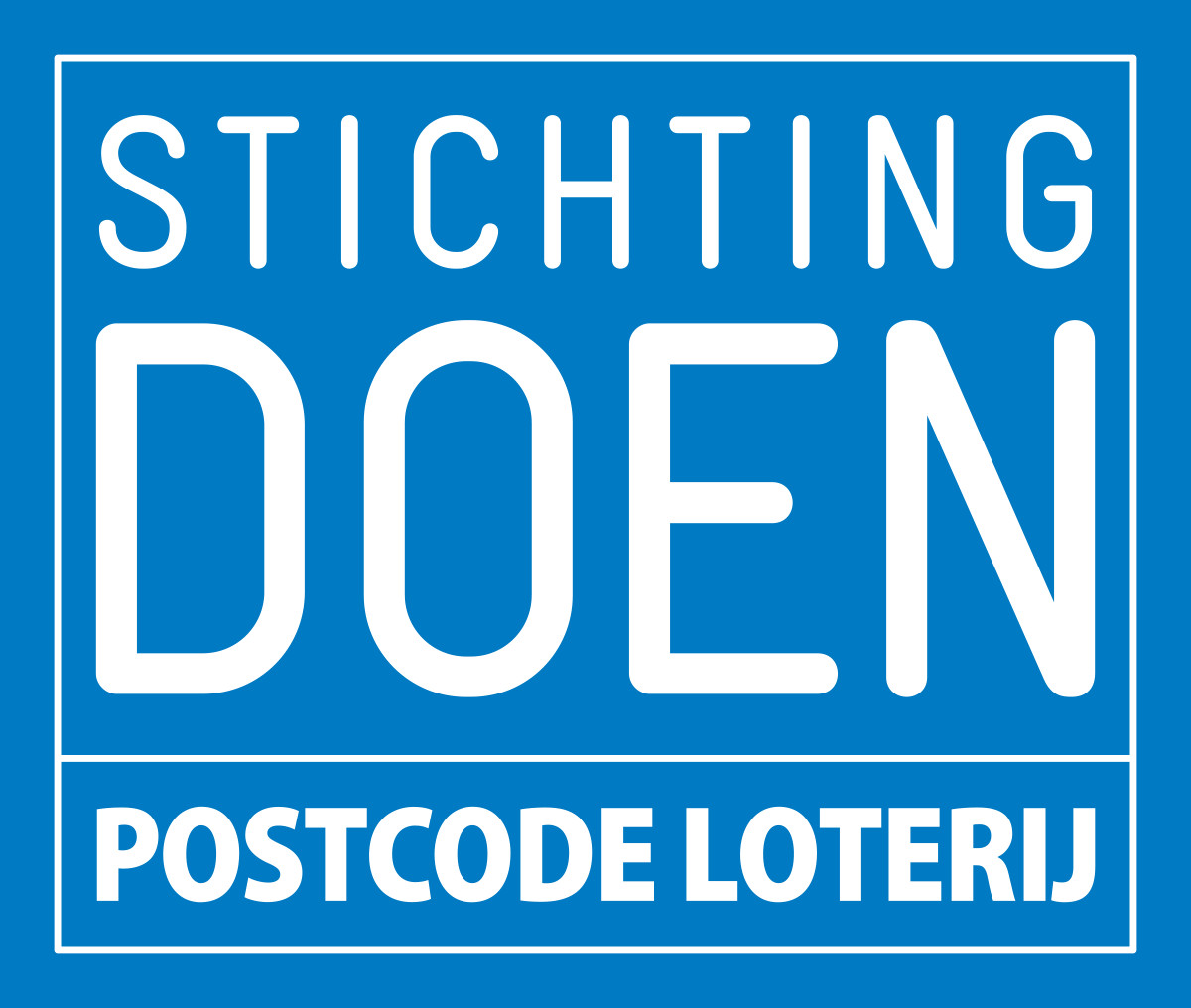Social entrepreneurs seek innovative solutions to societal challenges. Their social mission is paramount (impact first!). Like ordinary businesses, social enterprises provide products or services. But making money is not the main goal, it is primarily a means to make the world a little better.
Societal challenges
Social issues calling for innovative solutions through social enterprise are everywhere. For example, how do we create suitable work for the 1.3 million potential employees who are now on welfare? How do we create jobs in developing countries that enable people to lift themselves out of poverty? How do we reduce food waste in the chain? Or how do we develop circular business models so that we preserve our scarce raw materials for future generations? These are just some of the themes entrepreneurs are throwing themselves into.
Types of social enterprises
Social enterprises come in all shapes and sizes and operate in almost every industry. They make soup from rescued vegetables, charging stations by people distanced from the labor market, bicycles from old bicycle frames, or pay a living wage to coffee farmers in Africa and to clothing makers in Nepal. And they are in hospitality and facilities management, IT and healthcare, mobility and sharing platforms.
Definition of 'social enterprise'
Social Enterprise NL assumes an internationally accepted definition of “social enterprise. It is the same definition used by the Social and Economic Council (SER). In addition, Social Enterprise NL has been involved from the beginning in the Social Enterprise Codewhich “translates” the definition into tools for policy and operations. The starting point ('impact first') and the principles of the Code provide a framework within which social enterprises can develop.
Lees meer over sociaal ondernemen en de ontwikkelingen in ons news overview or read:
- Things that touch you, by Willemijn Verloop, Mark Hillen and Kaat Peeters
- Grip on understanding, by Maarten Hogenstijn
- Chamber of Commerce and social enterprise

Successful social enterprises can help solve tough social problems and could use government support.
Mariëtte Hamer, president of the Social and Economic Council


